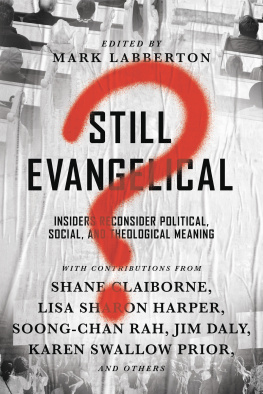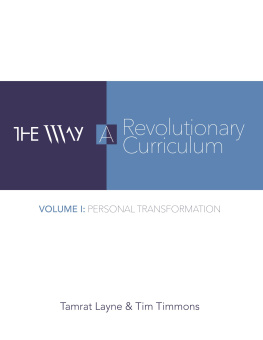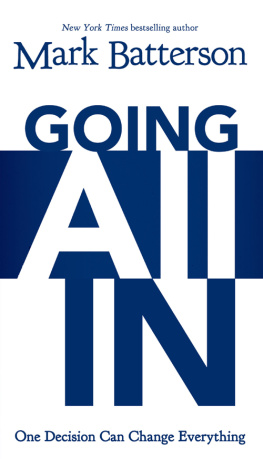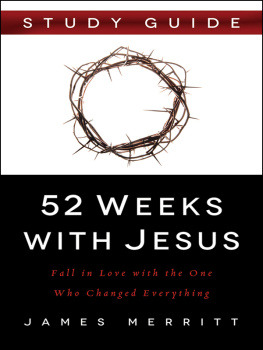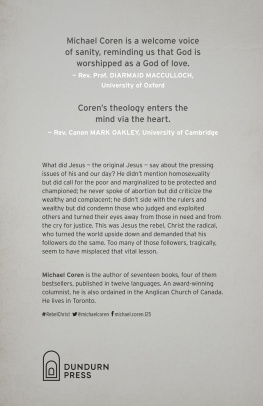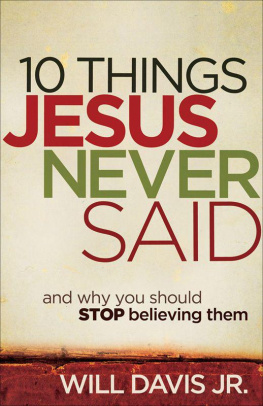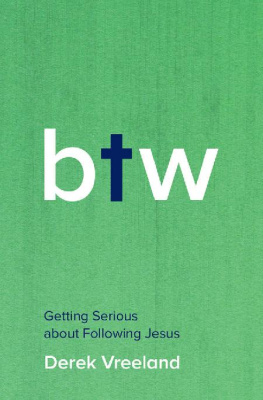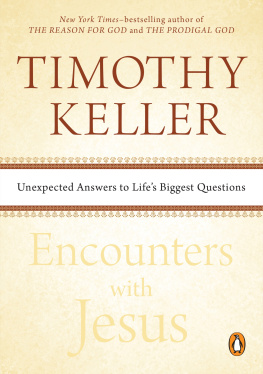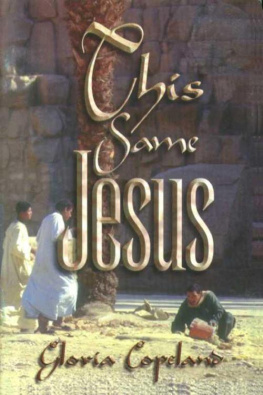Acknowledgments
B ehind these pages are ideas, experiences, beliefs, convictions, perceptions, stories, fears and hopesall expressions of influence of various kinds. Among the most significant influence are people who have touched my life, some of whom have also contributed significantly to this book.
First and foremost in this list are my wife, Janet, and our sons, Peter and Sam, to whom I dedicate this book. Their encouragement and support in this process has mattered at every stage. Without Janets generous love and patience this book would not have been possible.
Friends who have also been important teachers in some of the themes of this book include Mary Ellen Azada, Craig Barnes, Tom Boyce, Jill Boyce, Holly Burkhalter, Susan Brady, Phillippe Daniel, Justin Dillon, Joyce French, Nathan George, Julia Jalalat, Ken Johnston, Doris Kraft, Kurt Labberton, Chris Long, Justin McRoberts, Glenn and Siobhan Miles, Halleine Morrison, Marilyn Morrison, Mitali Perkins, Joshua Ralston, Sarah Ralston, Julie Sept, Doug Stevens, Xiaosheng, Dustin Webb, Anne Webb, Don Webb, Sharon Cohn Wu, and my church family at the First Presbyterian Church of Berkeley. Also John Stott, whose life has been the story of a gospel-shaped heart.
Particularly valuable conversation partners, advisors and mentors in this project whose help refined what you will find here include Alexis Abernathy, Michael Barram, Megan Handley, Bethany Hoang, Patti Nicolson, Andrew Penner, Matt Prinz, Amy Sherman, John Yoo. Ginny Hearns contributions were pure gift.
The joy, catalyst and encouragement of Kathy Helmers as my literary agent, as well as the fine editorial dedication and thoughtfulness of Cindy Bunch at InterVarsity Press, have each been indispensable.
Steve Hayner and Tim Dearborn continue to be friends and mentors in countless ways who, along with Gary Haugen, are heartmates and inspirations to me, especially in pursuit of Gods heart for justice. Likewise, Zac Niringiye has taken me into places of compassion and understanding I could only have gone with him as my guide.
I am very grateful for the contributions of any and all friends and colleagues, but I take responsibility for this final product. I present it as offering with hope for our hearts and for justice because of the heart of God in Jesus Christ.
1

Our Address
L earning our address takes a lifetime. Thats not how I saw it in first grade. Like many other things at that point, my address seemed simple. I remember the deliberateness with which my parents taught me our house number and the name of our street. This had two great benefits as they explained it: (1) I would know where I was, and (2) if I ever got lost, a policeman or another grownup could help me find my way home.
At the time, it seemed like heady stuff. I think it was that same first-grade year I was asked to fill out a form and put this crucial information in the right boxes: 323 53rd Avenue, Yakima, Washington 98902. It felt grownup to be able to name my geographical location.
This became more exhilarating when I realized later on how expansive my full address was: U.S.A., North America, Western Hemisphere, Northern Hemisphere, Earth, Solar System, Cosmos. At seven years old, I was sure I had my address nailed. In fact, however, that was a bit like thinking that because I had made it up the big hill on my walk to school, I now understood mountains. What I thought I had completed, I was only just beginning.
The problem was that my understanding of my address was not yet specific enough. At that stage in my development, I couldnt see the still more defining particularities of my nuclear or extended familyour racial, social, economic, educational, political and spiritual locations that were actually more important to my personal address than our house numbers. All the children I shared classrooms with thought we experienced life in similar ways, but our lives were, in fact, quite different from one another in their particularities. If that was true of fellow students at Roosevelt Elementary, how much more would it be so for children in poorer parts of town, or those who lived on the Yakima Reservation, or who temporarily resided in farm-worker camps outside town. My social location was much more specific than I had understood. When measured in comparison to children a few miles away, let alone to children and adults in other parts of the world, our addresses were farther apart than I had begun to grasp. Like most children, I thought local was global.
I began to understand my address more specifically when I was seventeen and had the chance to go with a friend to Europe by ourselves for five weeks. My parents felt comfortable with this in part because we had distant relatives to stay with for part of the trip. But even more basic was an instinct in my parents that my buddy and I could be trusted to the world, and the world could be trusted to us. That was itself a very important reflection of where we lived in the world. What I learned on this trip was that the rest of the world did not live at my address or even near my neighborhood. And further, I wanted to know much more about what it was like to live at theirs. I had stepped through a door I would never want to close.
On the one hand, we encountered the glory of historical, architectural and artistic achievement that I found captivating. On the other hand, there was the underbelly of life, human greed, power and war that were really discouraging and depressing. It was plainer than I could have expected: life was not a choice between one world and another. The contradictions and tensions seemed to be true whether you were talking about political leaders or artists, ordinary citizens or governments, individuals or societies. The glory and the ugliness, the justice and the injustices, seemed to go together whatever the country, the century or the status of those in view. This was my story and our story. I was beginning to understand that my address was at once both more particular and more universal than I had realized.
This large-scale human drama showed itself in small vignettes on our trip. One of these took place on a nearly empty bus in the beautiful French countryside. As my friend and I were riding along, a kindly looking older man got on the bus and made his way to a seat several rows in front of ours. A couple of stops later, two teenage boys about our age got on and sat behind us on the bus. Bored, they were clearly looking for some way to entertain themselves. The cheerful, slight, older man became their target. First, they aggressively and loudly moved into the empty seat right behind him. Their initial greeting to him seemed to imply a friendly familiarity, but with a sinister attitude. This was a starting point for what quickly became their torment. Their voices mocked him. They flipped off his beret again and again, calling him names, jabbing him with insults and physically picking at him. The man said nothing, but as he slunk down in his seat, his face and neck flushed in a humiliated silence that only added to the mortification he conveyed. When the next stop came, the boys ran off and the rest of us rode on. The man lowered his head, cap off. When my friend and I eventually came to our stop, we got off, but I couldnt leave the bus incident behind me.
I had certainly seen kids fight and badger each other, and especially older boys pick on younger ones. I had seen a cat tyrannized by bullies. But I had never seen an older, weak, timid man be humiliated and harassed by a couple of punks. My friend and I knew only cryptic French. We had made gestures of protest and didnt get the response we anticipated. The scene had lasted for only a few minutes but it haunted me for days. I can still remember how disturbing, even sickening, I found it. It was pointless tyranny. Those minutes felt like such a perversity of our shared humanity, so demeaning to the specific man and to the tormentors as well. I felt shame that we are people who could do that to another human being, for entertainment. It left a sort of searing mark on my heart. It was a deep, intimate sort of injustice that happened simply because it could.


